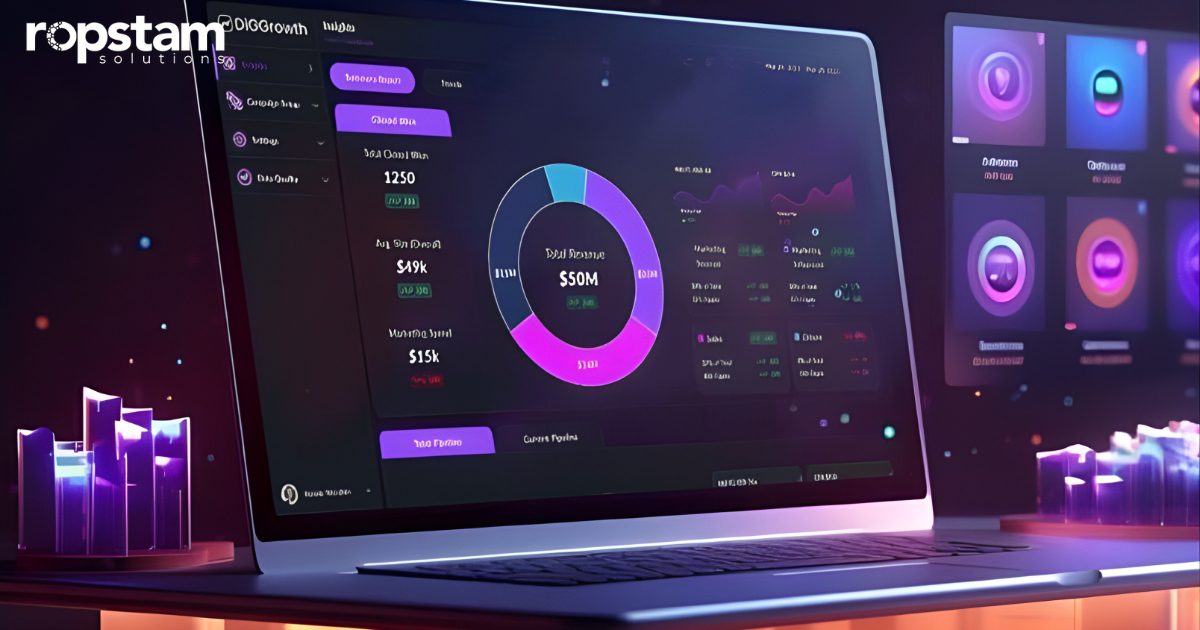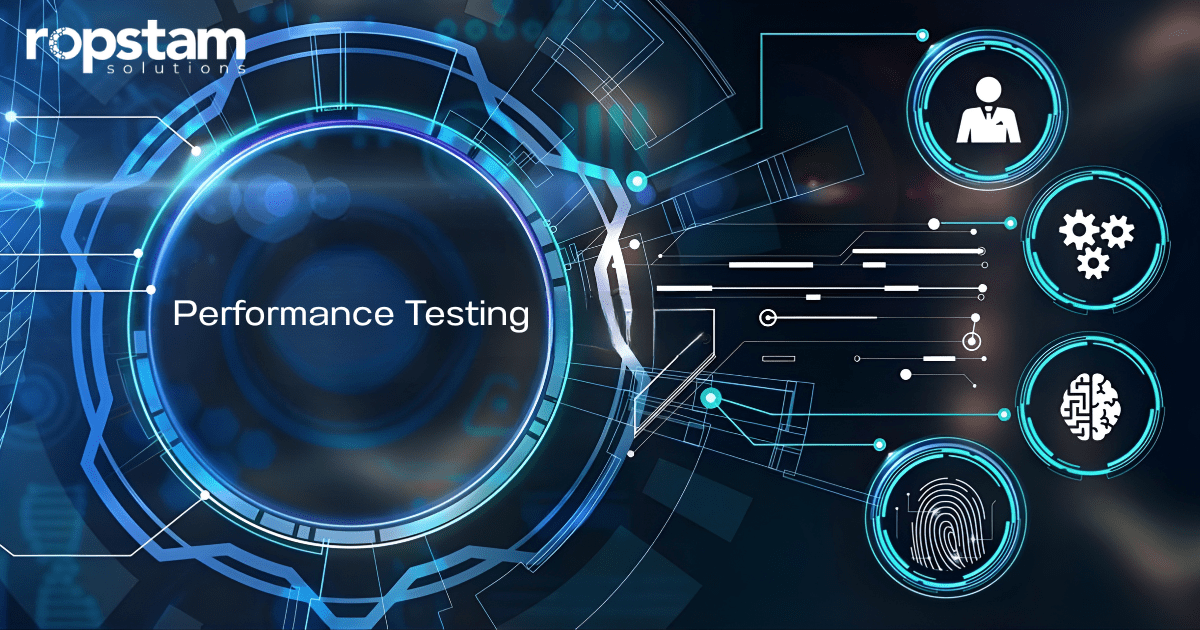Speed and agility are crucial in software development. Companies need to release high-quality products quickly and respond promptly to market demands. DevOps has emerged as the solution, fostering collaboration between development and operations teams. However, one often overlooked aspect is Software Quality Assurance (SQA). While DevOps promises fast releases, SQA ensures that speed does not compromise quality.
Let’s explore how SQA fits into DevOps, vital in maintaining product reliability while keeping up with rapid development. DevOps has revolutionized software development by breaking down traditional barriers between development and operations teams. However, the focus on speed and collaboration could lead to compromises in quality if not managed effectively.
This is where Software Quality Assurance (SQA) comes in. SQA doesn’t just wait until the end to find defects; it actively participates throughout the development cycle in DevOps. The aim is to embed quality at every stage, ensuring that the fast-paced DevOps environment doesn’t overlook software reliability.
What is the Software Quality Assurance Process?
Software Quality Assurance (SQA) encompasses a set of organized processes and activities aimed at ensuring that software meets specific quality standards. SQA goes beyond mere testing and encompasses all phases of the development process, ensuring that quality is ingrained in the software from the beginning rather than being treated as an additional consideration..
Stages in the SQA process include
- Requirement Analysis: Assuring that product requirements are clear, testable, and aligned with customer expectations.
- Test Planning: Developing a roadmap for what needs to be tested, how, and when.
- Test Execution: Running tests to detect functionality, security, and performance defects.
- Monitoring & Reporting: Track test results and ensure the team is aware of any issues that must be resolved.
- Post-release Monitoring: Monitor the production software for unexpected behavior or issues.
SQA is often seen as a final checkpoint in traditional software development models. However, it takes on a much more integral role in a DevOps environment, aligning with the “shift-left” approach, where testing and quality assurance activities are moved earlier into the development cycle.
Role of SQA in DevOps
DevOps promotes uninterrupted delivery, but speed can lead to the introduction of errors and flaws into the production environment. This is where Software Quality Assurance (SQA) in DevOps becomes crucial: it ensures that the push to deliver quickly does not jeopardize the quality and security of the software. Now, let’s analyze how SQA integrates into DevOps.
Parallel Testing
In DevOps, development and testing coincide rather than sequentially. This means that testing happens alongside development, often in automated cycles. Instead of waiting for a feature to be fully built before testing begins, SQA ensures continuous testing at every integration point.
- Automated Testing Pipelines: SQA teams set up computerized tests that are activated when new code is pushed to the repository. This prevents bugs from accumulating and ensures that the code is always production-ready.
- Immediate Feedback Loops: When testing occurs in parallel, defects are identified early and fixed quickly, reducing the risk of more significant issues later in the process.
Parallel testing improves the overall speed of delivery without compromising quality, making it an essential practice in DevOps.
Blend of QA and Development
Software Quality Assurance (SQA) integrates QA practices with the development process in DevOps. Unlike the traditional approach, where QA is a separate phase at the end of development, DevOps encourages developers to take ownership of the quality of their code. This entails writing tests parallel to development and collaborating closely with SQA engineers to establish a unified quality standard.
- Shared Ownership of Quality: The traditional boundaries between developers and QA engineers become increasingly blurred within the DevOps framework. Both teams work together to ensure the software meets the highest quality standards.
- Early Test Design: SQA teams engage with developers from the project’s outset to design tests that will be applied across the development pipeline. This early collaboration prevents misinterpretations and guarantees that the software is constructed with a strong emphasis on quality.
By enabling closer alignment between QA and development, the team assumes collective responsibility for the software’s quality, resulting in fewer issues later in the development cycle. Quality of the software, leading to fewer issues later in the cycle.
QA Engineer as a Consultant
In the DevOps culture, QA engineers play a crucial role as consultants rather than impediments. They are actively involved in projects right from the beginning, providing valuable insights into the best practices, tools, and techniques to enhance quality at every stage. Their input is indispensable for integrating automated testing, conducting performance assessments, and validating security measures.
- Strategic Guidance: QA engineers collaborate with developers to establish appropriate testing frameworks and tools, preventing technical debt and enabling scalability.
- Toolchain Selection: A toolchain for CI/CD (Continuous Integration/Continuous Deployment) is essential in DevOps. QA engineers guide the selection of tools that meet the organization’s test automation and quality monitoring requirements.
As consultants, QA engineers play a crucial role in shaping the technical infrastructure that supports quality assurance throughout the DevOps cycle, confirming that testing is efficient, automated, and aligned with the project’s goals.
QA Engineer as a Strategist
In DevOps, QA engineers take on a more extensive role by not only providing consultation but also serving as strategists. They are instrumental in crafting the comprehensive testing strategy, identifying the required testing methods, deciding when to execute them, and establishing methods for ongoing quality enhancement.
- Test Strategy Development: QA engineers develop comprehensive testing strategies encompassing functional, non-functional, security, performance, and usability testing. These strategies align with the DevOps pipeline’s goals to ensure complete coverage.
- Data-Driven Decisions: QA engineers use insights from testing and monitoring to make data-driven decisions that improve future iterations. This confirms that the DevOps pipeline is fast and continually optimized for better quality.
QA engineers guarantee systematic and strategic testing by serving as strategists, adding value to the DevOps process.
Why is SQA important in DevOps?
With the increasing demand for faster releases, many organizations may overlook SQA in their pursuit of speed. However, skipping or minimizing SQA can lead to severe issues like bugs, security vulnerabilities, and poor user experience, ultimately hurting the product’s success.
Here’s why SQA is critical in DevOps:
- Prevents Costly Defects: Fixing defects earlier in the development cycle is far cheaper than addressing them after the software is in production. Continuous testing prevents these defects from slipping through the cracks.
- Customer Satisfaction: With continuous feedback loops and post-release monitoring, SQA ensures that software behaves as expected in real-world conditions, leading to higher customer satisfaction.
- Improves Efficiency: Automation and parallel testing reduce the time spent on manual testing, speeding up the release process without compromising quality.
- Supports Compliance and Security: SQA helps ensure the software meets all necessary security and compliance standards in industries requiring regulatory compliance, preventing costly legal issues later.
Without proper Software Quality Assurance (SQA) practices in place, DevOps pipelines may be at risk of developing quality issues, leading to the release of software that is not stable or reliable and fails to meet user expectations.
Benefits of Integrating SQA in DevOps
Now that we understand the evolving role of SQA in DevOps, let’s discuss the benefits of integrating these two disciplines.
1. Faster Delivery with Higher Quality
Throughout the entire process, from the initial development phase to deployment and monitoring, DevOps teams can speed up the release of updates without compromising on quality by integrating quality checks at every stage. Continuous testing and automated quality assurance processes create fast feedback loops, enabling the early and frequent identification of bugs.
2. Improved Collaboration Across Teams
By involving Software Quality Assurance (SQA) at an early stage, the usual divisions between developers, QA, and operations teams vanish. This unified strategy for ensuring quality guarantees that all teams have common objectives and collaborate to uphold high standards throughout the entire lifecycle.
3. Reliability and Stability
DevOps encompasses more than just speed; it also focuses on delivering dependable and consistent software. Through continuous testing, monitoring, and feedback, DevOps ensures that software can be released quickly while maintaining high performance in production.
4. Cost Reduction
Identifying and addressing software bugs at an early stage of the development process is much more affordable than dealing with them after the product has been launched. By implementing a “shift left” approach and engaging Software Quality Assurance (SQA) from the beginning, companies can minimize the total expenses associated with quality assurance while enhancing the end product.
Summary
Software Quality Assurance (SQA) is a crucial element of a successful DevOps strategy, extending beyond just a checkpoint in the software delivery process. Organizations can achieve faster and higher-quality software delivery by integrating SQA into DevOps pipelines through early involvement, continuous testing, monitoring, and collaboration.
SQA in DevOps entails running tests in parallel with development to identify defects early, blending QA and development teams to share ownership of quality, and positioning QA engineers as consultants and strategists who shape the testing framework and toolchain. This approach enhances customer satisfaction, efficiency, and security, confirming the software is reliable and high-performing.













